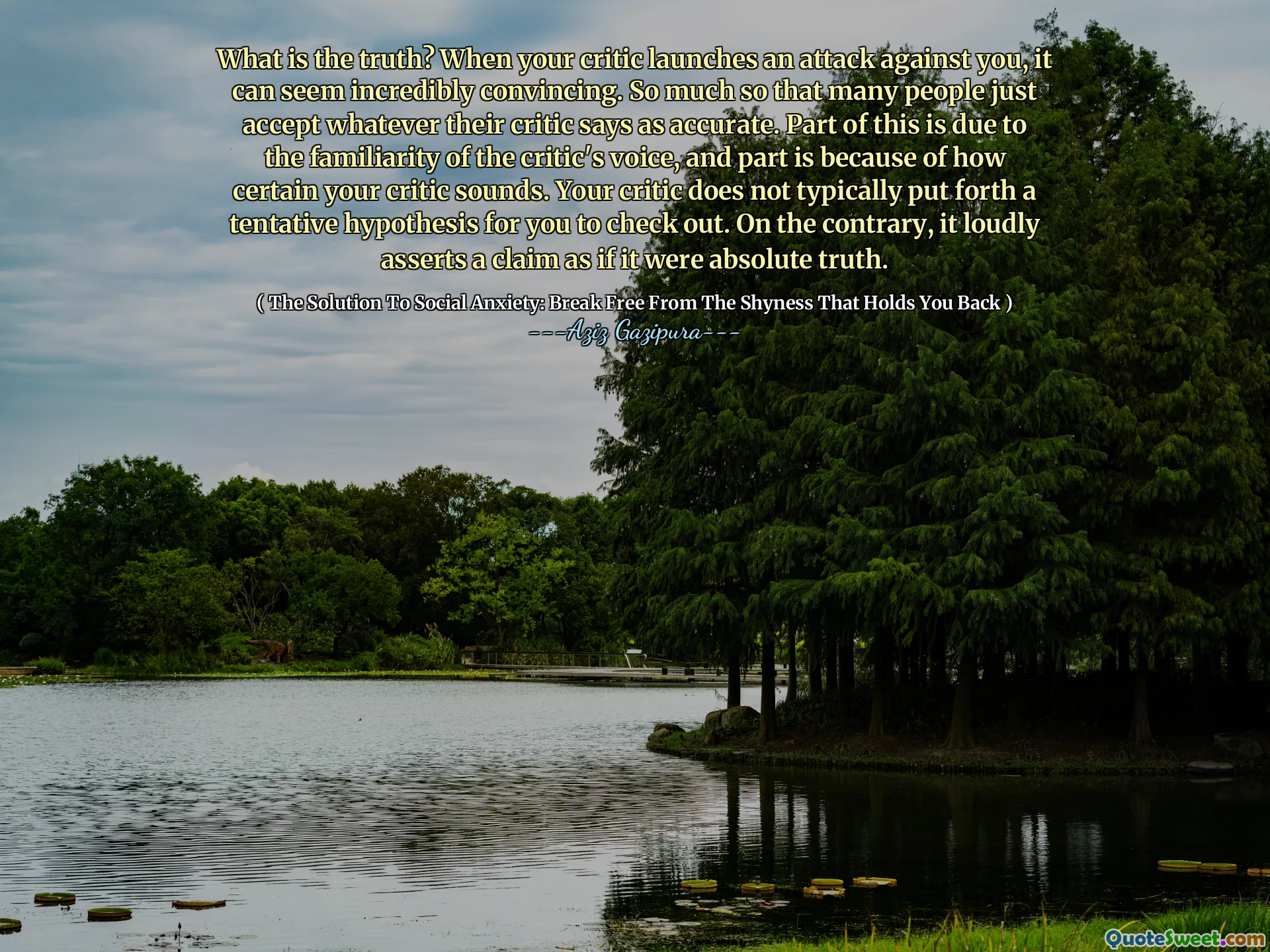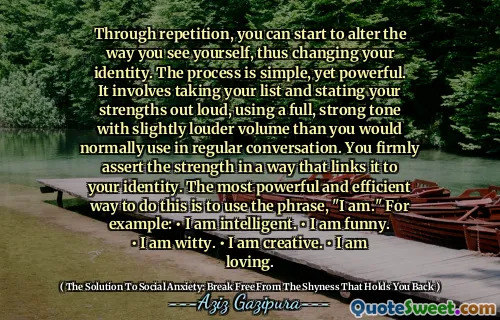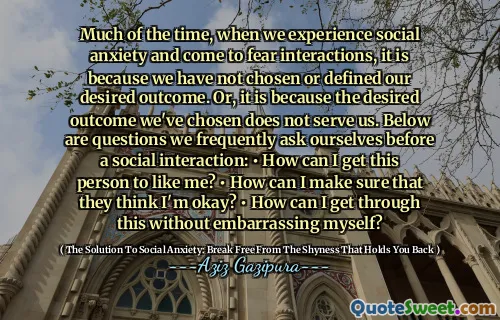
What is the truth? When your critic launches an attack against you, it can seem incredibly convincing. So much so that many people just accept whatever their critic says as accurate. Part of this is due to the familiarity of the critic's voice, and part is because of how certain your critic sounds. Your critic does not typically put forth a tentative hypothesis for you to check out. On the contrary, it loudly asserts a claim as if it were absolute truth.
When faced with criticism, individuals often find it hard to distinguish the truth, as critics typically present their views with a high level of confidence. This perceived certainty, combined with the familiarity of the critic's voice, can lead people to accept their claims without question. Critics seldom offer hesitant, nuanced opinions; instead, they assert their perspective as indisputable fact, making it challenging for others to counter their assertions.
This phenomenon highlights the importance of critically evaluating the feedback we receive. Instead of accepting criticisms at face value, we should question the validity of the claims being made and seek our own understanding of the situation. By doing so, we empower ourselves to discern our truth from the noise of external opinions, aiding in overcoming social anxiety and improving self-esteem.











